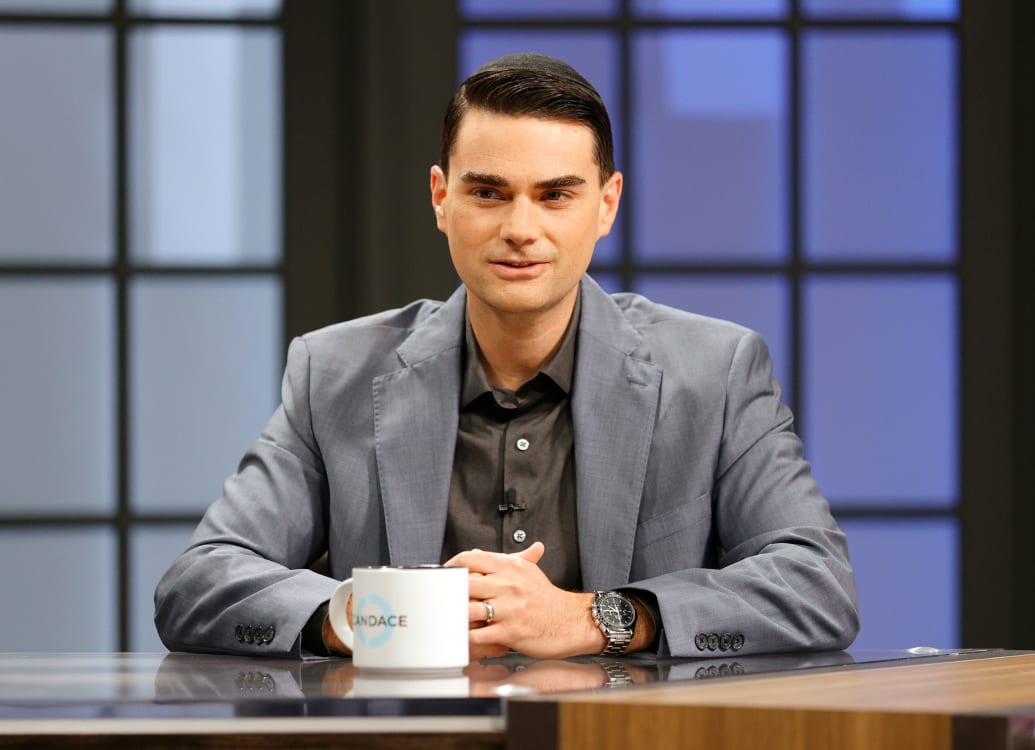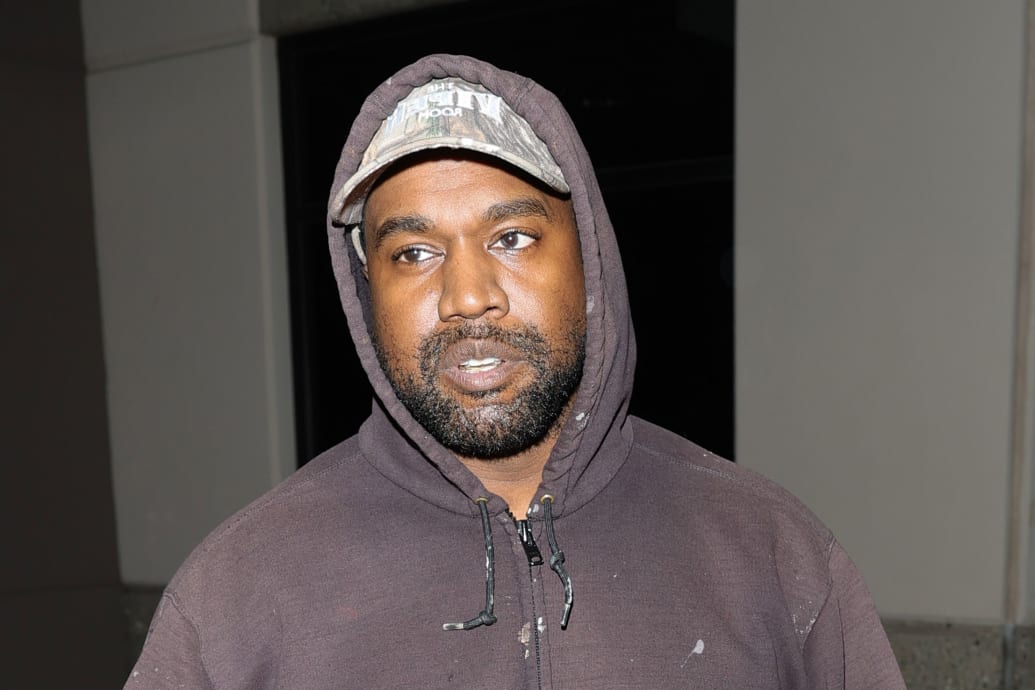Being Black in America is hard. Being Jewish in America is also hard. When you combine the two you get me, a 31-year-old Black Jewish woman living in Harlem.
I’m not complaining. I’m very proud to represent both my Black and Jewish roots. But it’s been challenging to reckon with the chilling rise of antisemitism and ongoing racism in this country.
Working in the media, it’s almost every day that I read or hear of something on the news that relates to an act of racism or antisemitism. I’ve worked hard to embrace and love who I am, yet there are people out there who want to do me and others who identify as Black or Jewish harm. That’s scary. But it’s incidents like this that empower me more to tell my story and fight hate speech.
Systemic racism and antisemitism have always been part of American life. But it was magnified in October 2022 when Kanye West (also known as Ye, Yeezy, and whatever else he wants to call himself that day) tried to mainstream a war against Jewish people, broadcasting extended antisemitic Twitter rants to his millions of followers.
This broke my heart, especially as I had just gone public with my desire to reconnect with my Jewish faith and community, and I feared being rejected and pushed out by members of the Jewish community as a result of Kanye’s vile comments.
Kanye West is seen on October 21, 2022 in Los Angeles, California.
Rachpoot/Bauer-Griffin/GC Images
I was a fan of Kanye’s music, but also his work as an artist and designer. That was, of course, before he wore White Lives Matter T-shirts at his Paris fashion show and went on a Twitter rant about George Floyd not being murdered. I thought the worst was behind us, but then a few weeks later NBA star Kyrie Irving jumped on the antisemitic bandwagon, followed by Whoopi Goldberg and other notable Black celebs.
But let’s be clear, some Jews have contributed to the problem of rising bigotry, too. The blame can’t and shouldn’t only be placed on Kanye and other Black individuals with powerful platforms.
Ben Shapiro is one of the most well-known political news commentators in this country. He also happens to be Jewish, and in July 2022 he appeared at a CPAC-Israel event and said: “It’s an unfortunate reality of life in the United States that Reform Judaism, as a branch, does not see Jewish identity in a serious way. So when people self-identify as Jews in the United States, that doesn’t actually mean that they do anything that has anything to do with Judaism; it means that their last name ends in ‘berger,’ ‘stein’ or something [similar]. And you know, there are a lot of people whose last name ends with ‘berger’ or ‘stein’ who fundamentally reject nearly all Jewish values.”

Ben Shapiro is seen on the set of “Candace” on April 28, 2021 in Nashville, Tennessee.
Jason Kempin/Getty Images
It should be noted that Shapiro—who defended Kanye’s extreme politics while calling his antisemitism “disturbing”—works alongside Candace Owens at the conservative news aggregation site, the Daily Wire. Owens has not only defended and supported Kanye during his antisemitic meltdowns, she also wore a White Lives Matter shirt, right by his side.
This begs certain questions: How can you be Black, and hate Black people? How can you be Jewish and give a voice to those who outright support antisemitism?
Antisemitism has even crept into the corners of my very neighborhood.
For the past 10 years I’ve resided in Harlem—which has always been a dream of mine as a Black Jewish woman, mainly because this is where Black excellence and history happens, and there are numerous Jewish organizations and synagogues located in Harlem or nearby. Harlem is a beautiful tight-knit community that, more recently, has become a melting pot for diverse backgrounds and cultures.
The heartbeat of Harlem has always been a place of acceptance.
But lately, I’ve noticed Harlem’s energy has shifted. What was once uplifting—and simultaneously calming while strolling the brownstone-lined streets—has now turned into a place where chaos, combative, and hateful rhetoric against Black and Jewish people occurs daily.
This is my experience on any given Saturday, when I’d walk down 125th Street to do some basic household shopping, only to come face to face with Black Hebrew Israelites shouting conspiracy theories and antisemitic slurs through loudspeakers.
For the uninitiated, the Black Hebrew Israelites are a racist, homophobic, misogynistic, antisemitic hate group unified by the ideology that they are the true descendants of biblical Jews, and that Jewish people are “fake Jews” and will one day be given dominion by God to rule over earth.
Whenever I encounter Black Hebrew Israelites preaching in Harlem, I go out of my way to avoid them, usually while wearing headphones to block out their abhorrent and incendiary rhetoric. But what I can’t avoid is the fact that their views are being legitimized and echoed across the country, including among Black leaders and celebrities who should know better. (As a Black Jew, I’ve also had to shut down when people try to associate all Jews of color with this movement.)
It’s crucial that these supremacist beliefs be forcefully called out and rejected, so that they may not gain momentum and greater acceptance. It’s been reported that there has been a significant increase in Black Hebrew Israelite organizations, ideology, platforms, and crimes against Jewish people. Passover is here, one of the most important holidays in Judaism.
At its core, it’s about celebrating and reflecting on the freedom of being liberated from slavery. Overcoming slavery is something that binds and bonds Jews and Black people.
These are two beautiful and resilient groups who have always had appreciation and support for one another, despite the invective of those who try to divide us. We must come together and recognize that our similarities far outweigh our differences—including the way food and culinary traditions like Seders are used to reflect on our past, and how we’ve survived our oppressors, and now live as free people.
This Passover is a perfect time for Blacks and Jews to unite and realize that we are stronger together.

